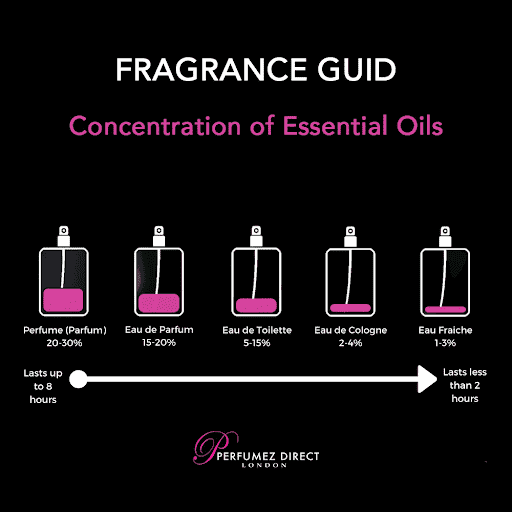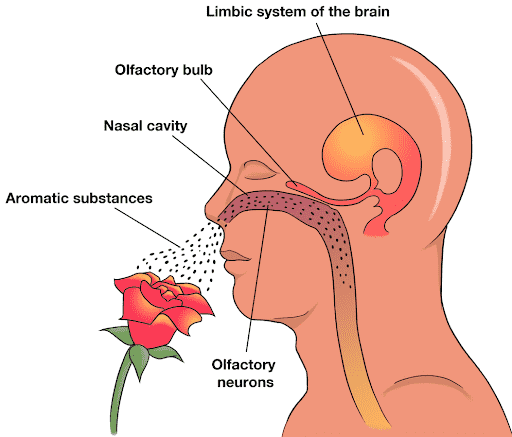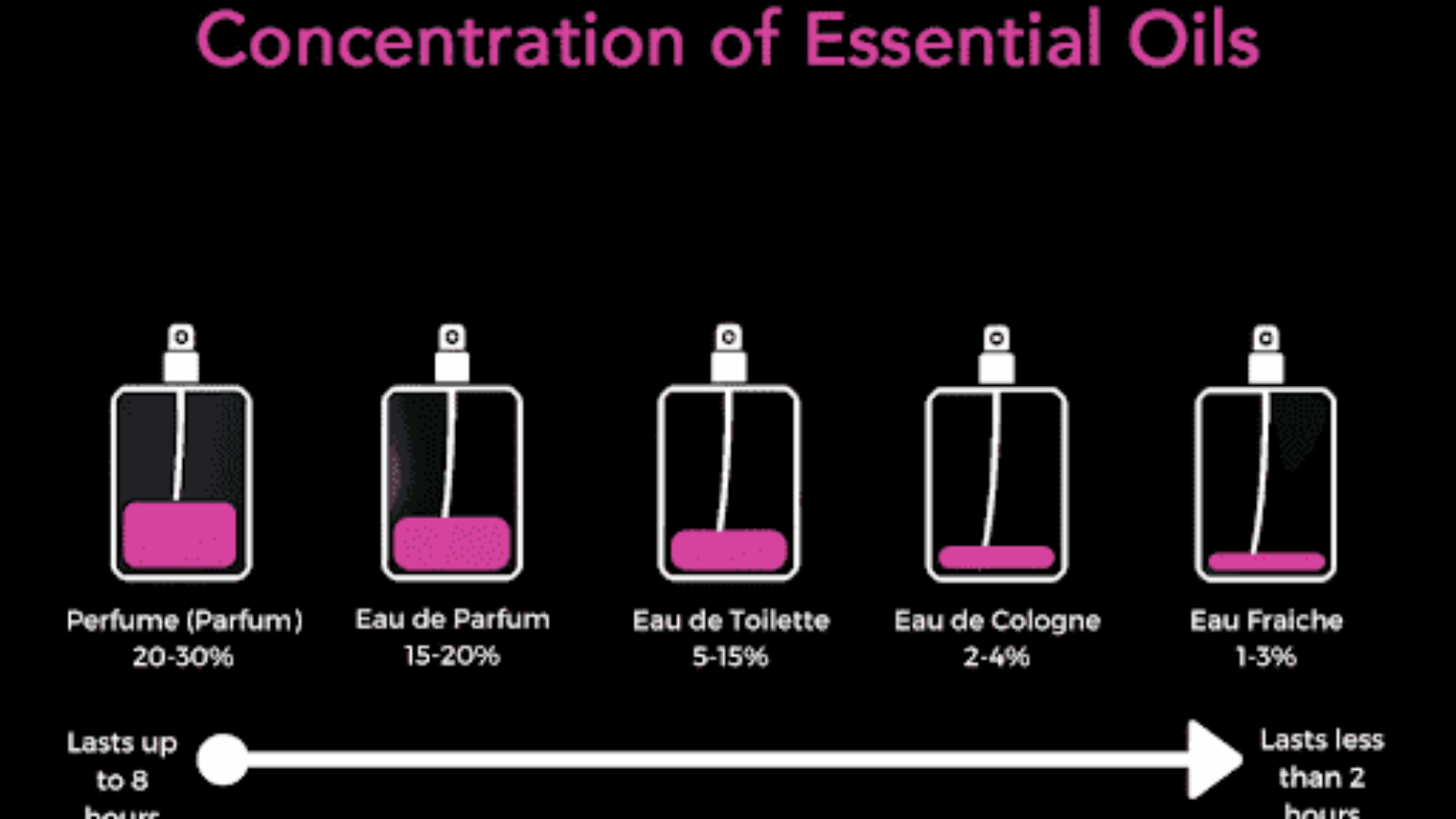
Have you ever wondered how perfumes work? Or why some scents make you feel happy while others make you feel sad? From the comforting aroma of freshly baked cookies to the invigorating scent of a pine forest, we often find that certain smells can remarkably transport us through time and space, awakening a cascade of feelings and memories. But really, how does it all come into play?
The History of Perfumes

Although France comes to mind when we think of perfume or fragrances, the ancient art of perfumery arose in ancient Mesopotamia. The world’s very first recorded chemist was a perfume maker named Tapputi, whose existence was recorded in 1200 BC in Babylonian Mesopotamia. Flowers, oils, seeds, leaves, and other plant parts were common ingredients in early perfumes.
Once mixed with water and other solvents, it would be distilled and filtered. Later on, perfume would reach Rome, the Middle East, and other European nations.
The reason perfumery is most associated with France is that in the 14th century, the French started the cultivation of flowers for perfume in the subprefecture of Grasse, which continues until this day. Grasse is now considered to be the world capital of perfume.
The Road to Make a Perfume
Most perfumes obtain their smell through the extraction of fragrant oils from natural sources like plants, fruits, and wood. Some even use substances from animals, like musk from male deer. However, scents that don’t occur naturally may be created by synthetic chemicals. The methods employed to extract essential oils include steam distillation, expression, and enfleurage.

These oils are later blended to produce a unique scent. Ingredients like alcohol, coal, and tar may be added to adjust or alter the strength of the scent. If the perfume contains a higher concentration of essential oil, it will be more fragrant and generally more costly. This is what differentiates fragrances from one another.
The Emotional Ties to Scents

Perfumes work by releasing molecules into the air that we can smell. When we inhale them, these molecules bind to the highly specialised olfactory receptors in our nose, which can are able to detect thousands of different molecules. This binding will trigger a signal being sent to the brain, which will later correlate to a response.
Signals from sensory organs pass through the brain’s limbic system, which handles behaviours, emotions, and emotion-related memories.
The amygdala, a part of the limbic system, is responsible for emotional processing. It is also the part that connects emotions to memories. This is why certain scents can trigger strong emotions or memories.
So next time you wear a perfume, take a moment to appreciate the science behind it. And remember, the right scent can have a powerful effect on your mood and your memories.
Sources:
- https://www.fragrancex.com/blog/history-of-perfume-and-cologne/#:~:text=Early%20perfume%20was%20made%20using,the%20Persians%20and%20the%20Romans.
- https://en.wikipedia.org/wiki/History_of_perfume#:~:text=By%20the%2018th%20century%2C%20aromatic,European%20perfume%20design%20and%20trade.
- https://www.shayandblue.com/blogs/journal/how-is-perfume-made
Images:
- https://www.google.com/url?sa=i&url=https%3A%2F%2Fwww.thoughtco.com%2Fintroduction-to-ancient-mesopotamia-171837&psig=AOvVaw365_p1jdh583vLgzYmp1NX&ust=1697368398635000&source=images&cd=vfe&ved=0CBIQjhxqFwoTCLiA4ZO09YEDFQAAAAAdAAAAABAQ
- https://www.google.com/url?sa=i&url=https%3A%2F%2Fperfumedirectlondon.com%2Fblogs%2Fblog%2Fthe-difference-between-perfume-eau-de-parfum-cologne-eau-de-toilette-and-more&psig=AOvVaw2uUV5bP6XdFg5tY8RaZXwz&ust=1697368312738000&source=images&cd=vfe&opi=89978449&ved=0CBMQjhxqFwoTCOjXmru09YEDFQAAAAAdAAAAABAE
- https://www.google.com/url?sa=i&url=http%3A%2F%2Frecoversmell.com%2Fen%2Fmarketing-olfactory%2F&psig=AOvVaw04wz_GjWWx–hdBMouV4Eb&ust=1697466441531000&source=images&cd=vfe&opi=89978449&ved=0CBMQjhxqFwoTCMCe4bKh-IEDFQAAAAAdAAAAABAp


I have to thank you for the efforts youve put in writing this blog. I really hope to check out the same high-grade blog posts by you in the future as well. In truth, your creative writing abilities has encouraged me to get my very own blog now 😉